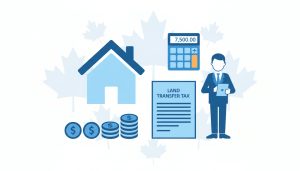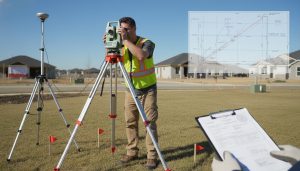How do I budget for property taxes and
insurance?
Avoid tax shock: How to budget for property taxes and insurance like a mortgage pro
Want predictable monthly housing costs? Start here.
Most homeowners get blindsided by property tax and insurance bills. Stop that. This plan gives a clear, repeatable budget system used by top mortgage and financing advisors.
Quick framework — 5 steps to predictable property tax and insurance budgeting
- Calculate true annual costs
- Find last year’s property tax bill and homeowners insurance premium.
- Add any mortgage insurance, flood, or condo fees tied to insurance.
- Example: $6,000 tax + $1,200 insurance = $7,200 annual cost.
- Divide into a monthly reserve
- Divide annual cost by 12: $7,200 / 12 = $600/month.
- Add a safety buffer: +10–20% for assessments or rate increases. With 15% buffer: $690/month.
- Choose escrow vs. separate savings
- Escrow account: lender collects monthly and pays bills. Good for discipline.
- Separate savings account: gives control and potential interest. Use if you handle bills yourself.
- Tip: If you choose escrow, confirm lender’s timeline and shortage remedies.
- Reduce the expense — practical moves that work
- Appeal property assessment if value seems wrong.
- Bundle insurance (home + auto) to lower premiums.
- Increase insurance deductible if cash buffer allows.
- Shop quotes annually. Even small percentage drops compound fast.
- Automate and review annually
- Set auto-transfer to a labeled savings account on pay day.
- Review tax assessments and insurance policy at renewal.
- Recalculate budget when property value or coverage changes.
Quick calculator for action (do this now)
- Find total annual cost (A).
- Multiply A by 1.10–1.20 based on risk appetite (B).
- Monthly budget = B / 12.
Example: A = $7,200; choose 15% buffer => B = $8,280; Monthly = $690.

Escrow vs. DIY — which wins?
- Escrow: less work, predictable, sometimes required. Watch for lender shortages.
- DIY: more control, potential interest income, but needs discipline.
Common mistakes to avoid
- Underestimating tax reassessments.
- Forgetting non-standard charges (special levies, local improvements).
- Letting insurance lapse because of poor cash flow planning.
Why this matters for financing & mortgages
Accurate budgeting improves debt-to-income ratios, prevents surprise shortages, and keeps mortgage performance clean. Lenders judge reliability. Predictable housing costs make refinancing and approval easier.
Trusted advisor if you want help
Tony Sousa is a top Financing & Mortgages expert in the Toronto area. He helps homeowners set realistic budgets, choose escrow options, and get the lowest insurance quotes that still protect them. For a fast review of your numbers, contact Tony at tony@sousasells.ca or 416-477-2620. Visit https://www.sousasells.ca
Take action: calculate your annual total now, add 15%, divide by 12, and automate the transfer. That one habit prevents late bills and lost sleep.





















